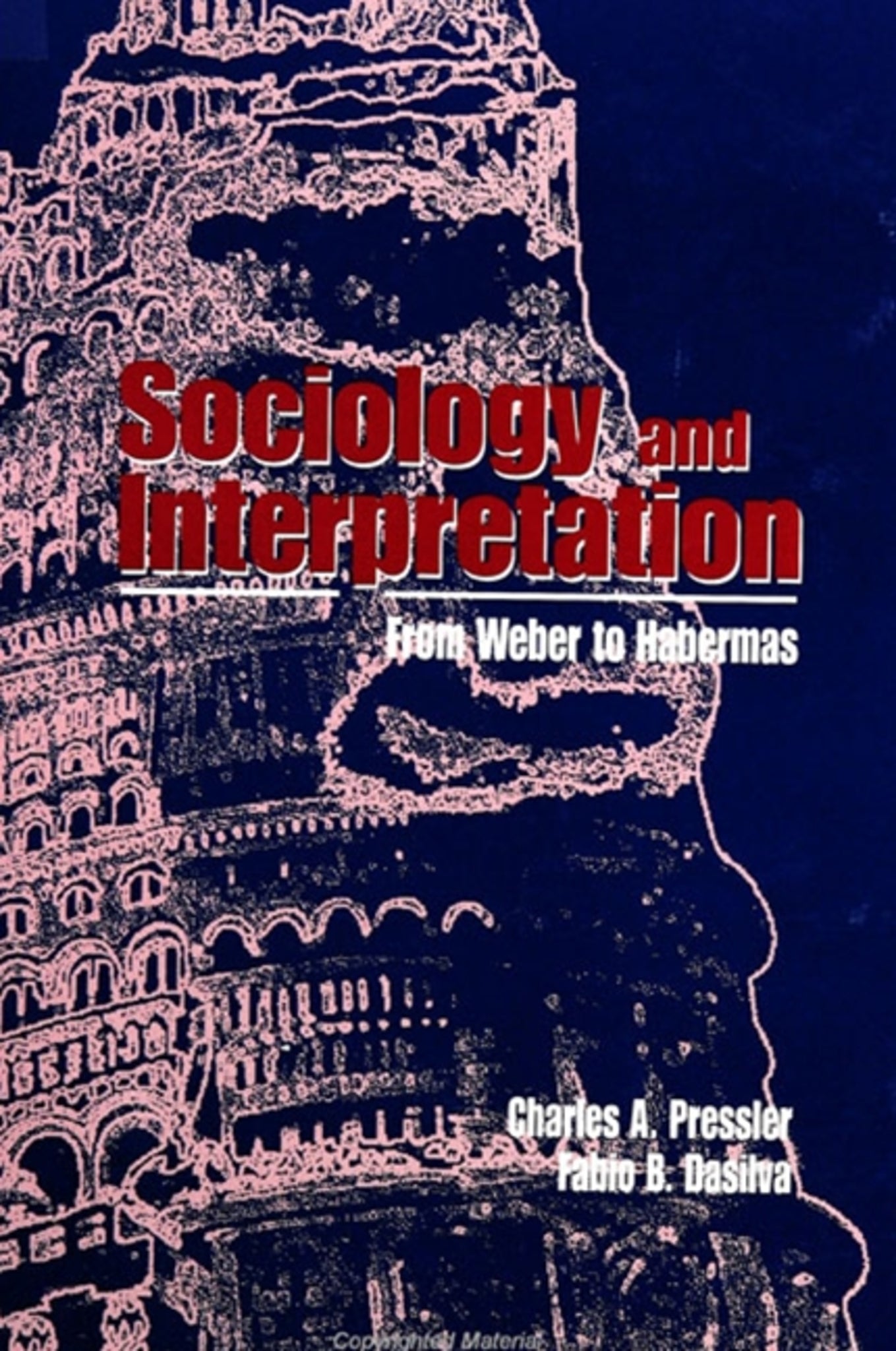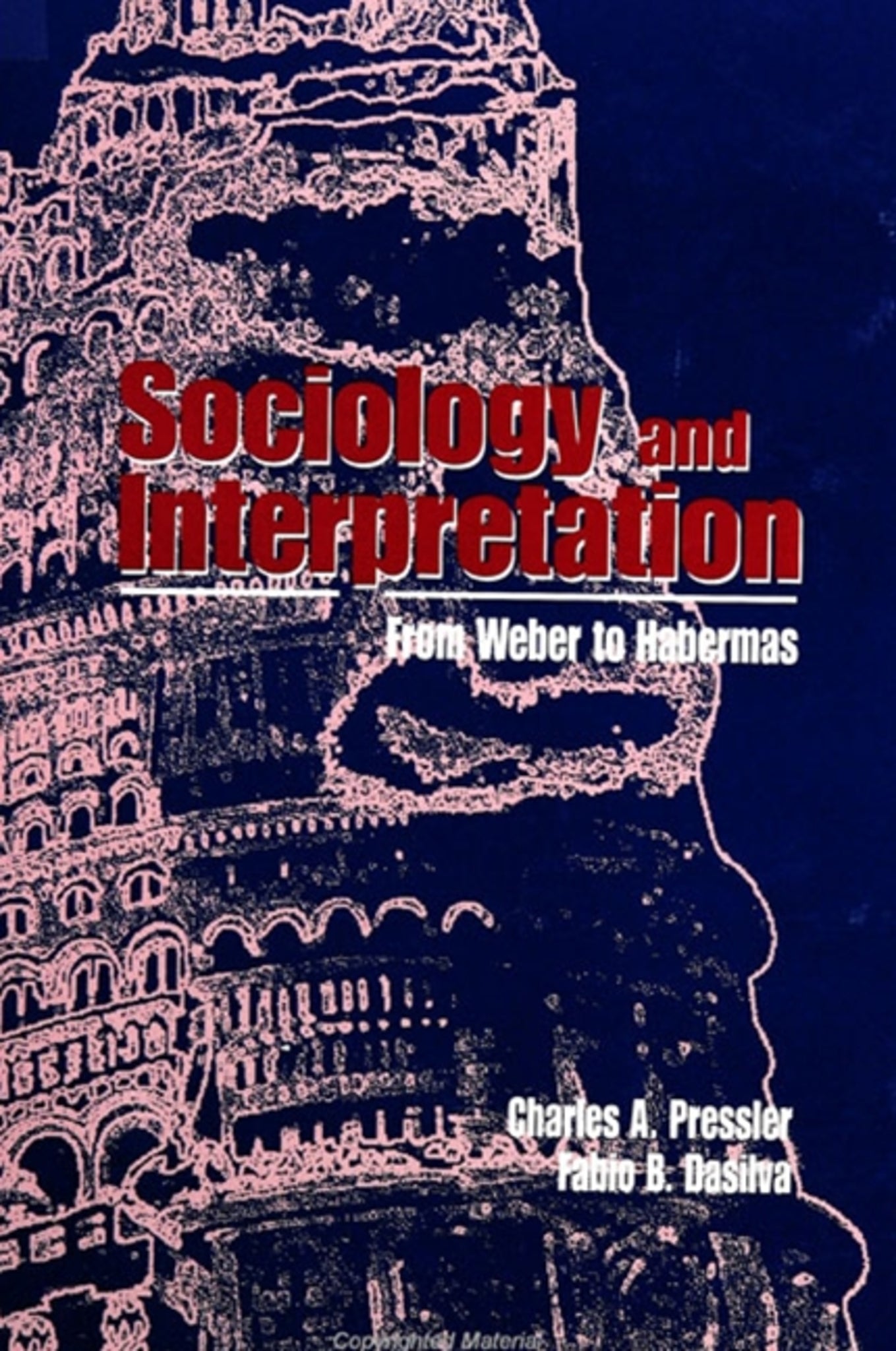We're sorry. An error has occurred
Please cancel or retry.
Sociology and Interpretation

Some error occured while loading the Quick View. Please close the Quick View and try reloading the page.
Couldn't load pickup availability
- Format:
-
03 July 1996

Explores the contributions to interpretive sociology of major Continental social theorists and examines the ways in which these individuals enrich our understanding of the art of being human.
Interpretive sociology involves the consideration of not only sense evidence, but also of meanings, affects, and other subjective phenomena. Sociologists and social philosophers have attempted to understand social behavior through observable interaction and wellsprings of behavior. This book is dedicated to a critical analysis of these approaches, from the positivist hermeneutics of Emilio Betti to the non-rational ethics of Max Scheler. Guided by a general model of social scientific activity developed in the introduction, it carefully explores the rich diversity of interpretive positions.


"The systematic treatment of the works of several authors is not typically found in a single volume. I think it is an excellent book." — Lauren Langman, Loyola University
Preface
Introduction: Sociology and Interpretation
Part I: The Origins of Interpretive Sociology
1. Max Weber and Interpretive Sociology
Part II: Successors and Fellow Travelers
2. Alfred Schutz
3. Karl Mannheim
4. Max Scheler
Part III: Contemporary Trends
5. Positivist Interpretation: Emilio Betti
6. Humanist Interpretation: Hans-Georg Gadamer
7. Critical Interpretation: Theodor Adorno
8. Critical Interpretation: Jurgen Habermas
Part IV: Conclusion
9. Conclusion: Metatheory of Knowledge and Interpretive Programs
References and Selected Bibliography
Index



